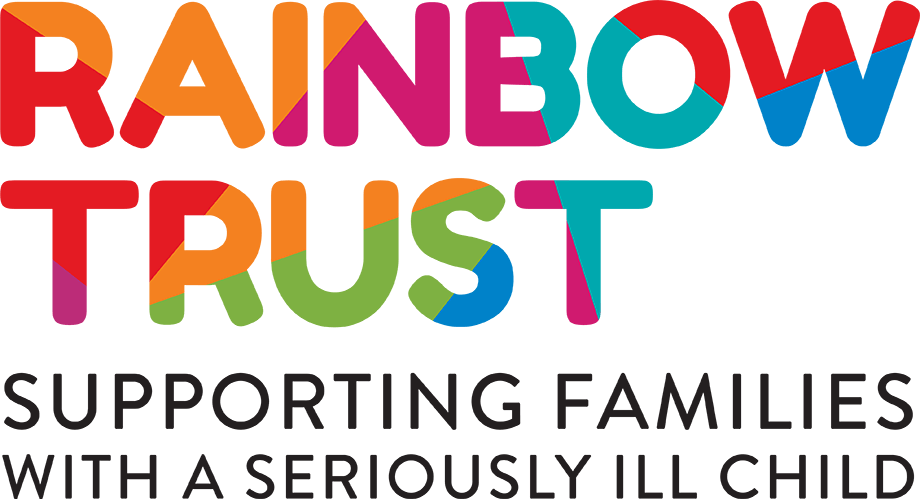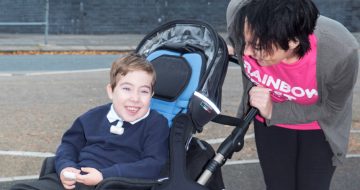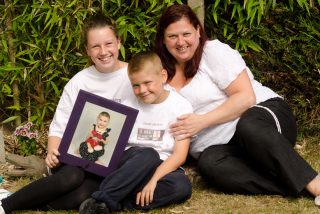Date published: 10 February 2016 by Anna Jackson
Rainbow Trust Children’s Charity welcomes the recent announcement of £80 million for services for children with special educational needs and disabilities (SEND) and their families by Children and Families Minister, Edward Timpson. While most of this appears to be a continuation of existing funding rather than new money, it is to be welcomed at a time when local authority budgets are under severe pressure.
The 2016-17 funding includes £35.8 million for local authorities (a slight rise which recognises the additional duties placed on them by the changes to the Special Educational Needs system) and £27 million for the Family Fund Trust to support low income families with disabled children with small scale grants for specific purchases and to have short respite breaks. The remaining funding is a continuation of existing levels of government support for the ‘independent supporters’ programme, and for Parent Carer Forums, which perform a valuable role in bringing parents together.
Anne Harris, Director of Care at Rainbow Trust Children’s Charity, said:
‘We are pleased to see the government continuing its support for services for children with special educational needs and disabilities. However not all the families that Rainbow Trust supports can be certain of benefiting from this funding. That’s because not all children with a terminal or life threatening illness are registered disabled, and not all would identified as having a special educational need.
Such children can slip through the net of the criteria currently used to allocate educational, health and social care support. Furthermore, the health of a child with a terminal or life-threatening condition may not follow a steady path. Their situation can change as their condition fluctuates, sometimes deteriorating dramatically and suddenly, and then stabilising again. This makes it hard for statutory services to work with an assessment made at a particular point in time.’
Rainbow Trust is calling for timely and personalised support for all children with terminal and life-threatening illnesses and their families. This should include much greater recognition of the important role played by social palliative care.



